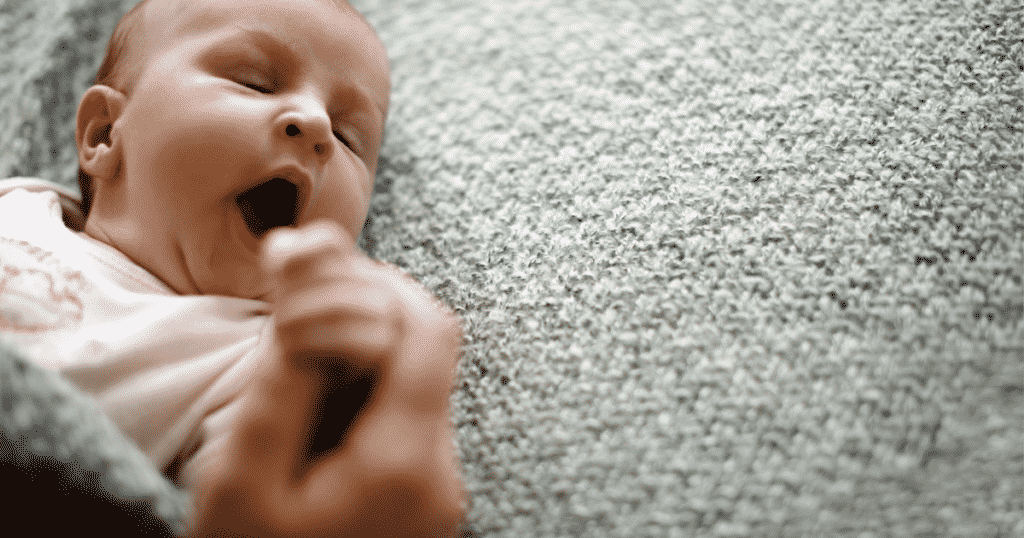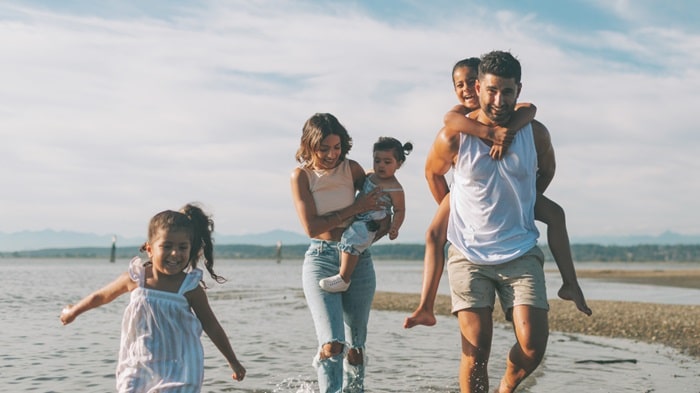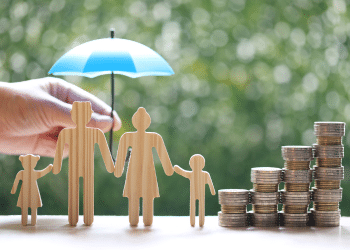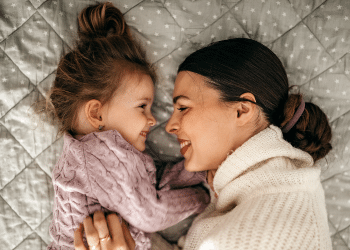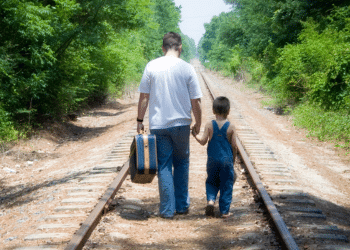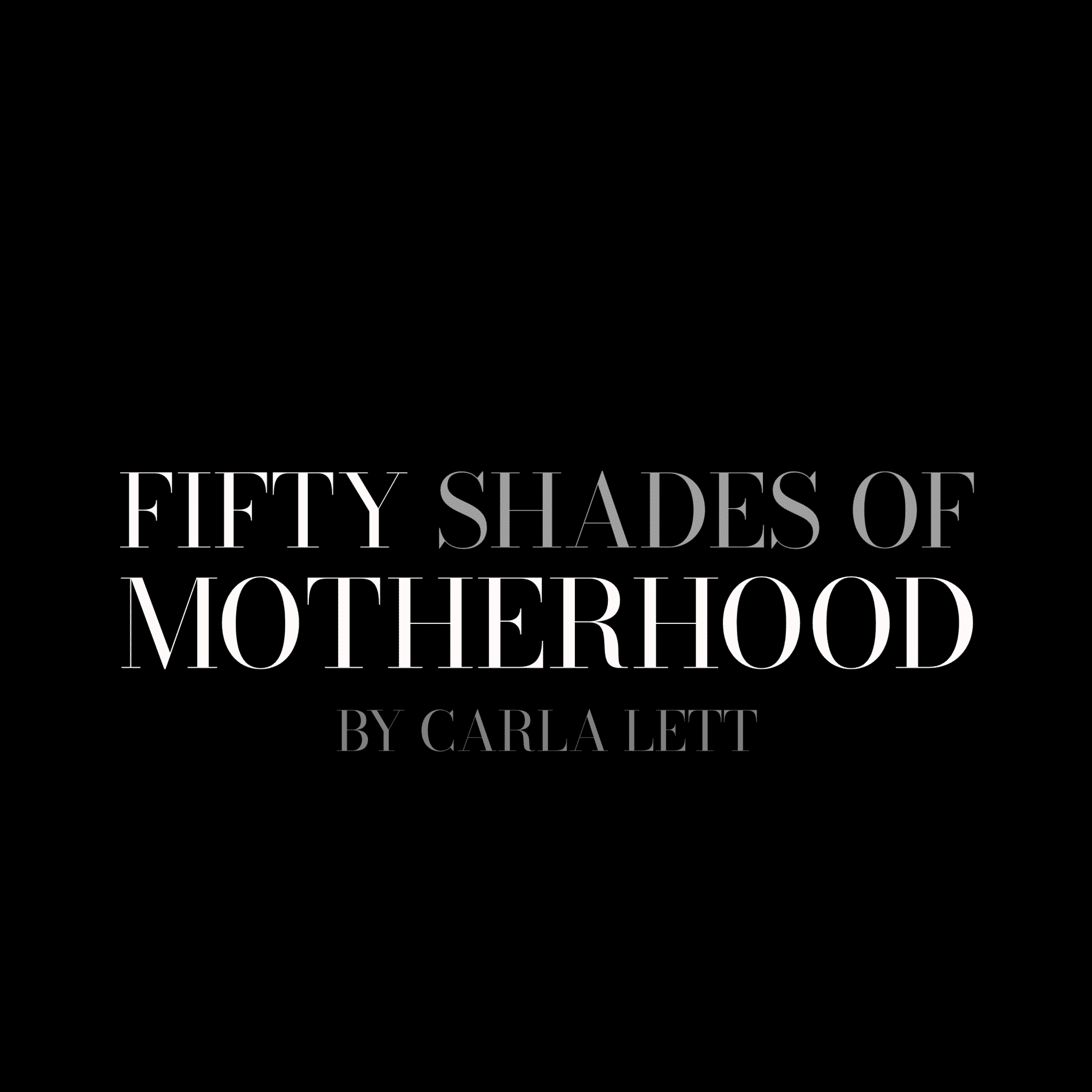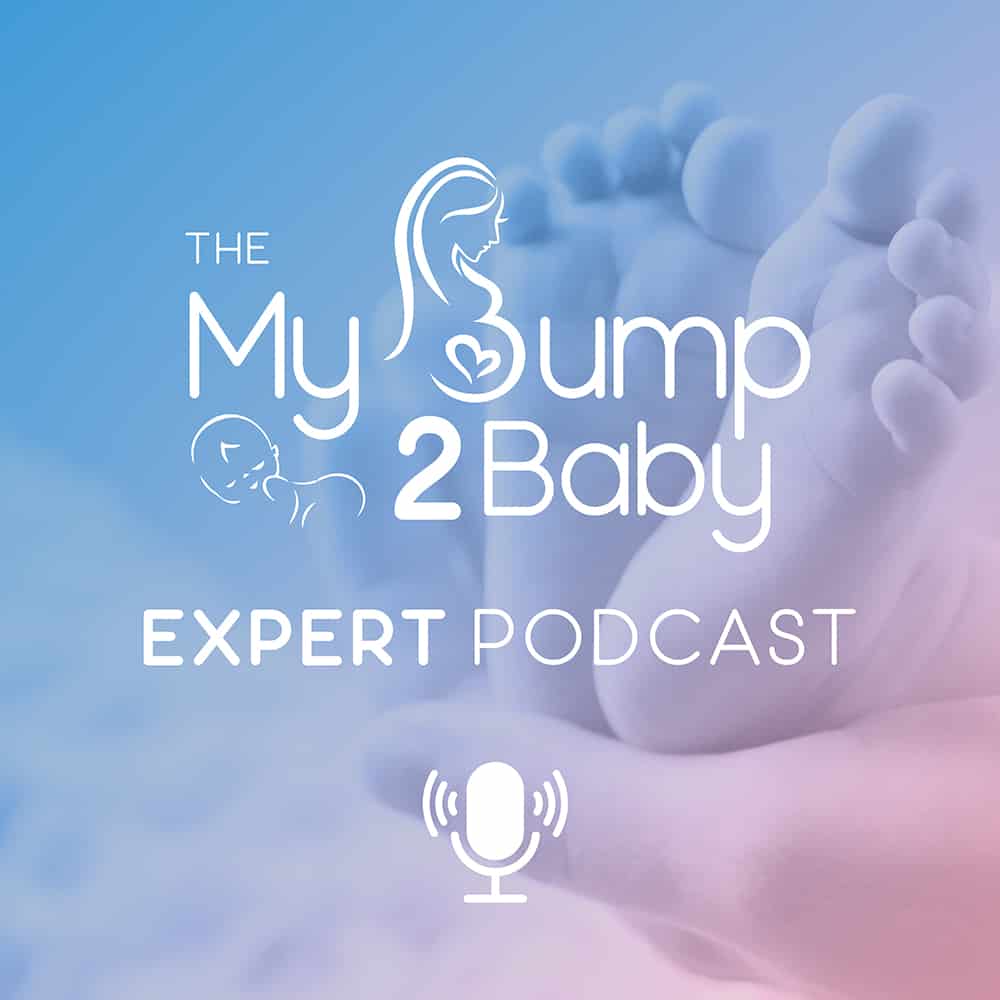- Creating the Perfect Sleep Environment for your Baby
Today Carla speaks with child sleep specialist Gemma Coe. Carla speaks with Gemma about how to create the perfect sleep environment for your baby.
They discuss what a perfect sleep routine is, why a sleep routine is so important to a baby, do babies need to sleep in the dark and safe sleep.
Gemma’s Website: https://www.childsleepspecialist.co.uk
Other mentioned websites:
https://www.lullabytrust.org.uk
https://www.nhs.uk/conditions/sudden-infant-death-syndrome-sids/
Carla: This podcast is sponsored by My Bump 2 Baby Family Protection and Legal Directory. To find your nearest advisor or family law, solicitor, head over to www.mybump2baby.com/familyprotection legal.
[00:00:21] Do you love the idea of being your own boss. What about saving money on childcare? Because you can actually work flexibly around your family.
[00:00:33] My Bump 2 Baby is rapidly expanding and we all looking for people to run their own pregnancy to preschool hubs in their local area. Full training is provided, ongoing mentor support. Fantastic regular team incentive. A bonus scheme, uncapped commission, review products for free and review days out too. If you are interested in being the, My Bump 2 Baby manager for your local area, email us [email protected] limited space.
[00:01:15] Hello and welcome to My Bump 2 Baby Expert Podcast, where we bring experts from all over the UK. To answer your questions on everything. Pregnancy to preschool .Today, I am joined by Gemma Coe, child sleep therapist, and she is going to be talking to us all about the sleep environment and creating the perfect sleep environment for our babies. I hope you enjoyed this episode.
[00:02:08] Hello everybody. And welcome to My Bump 2 Babies Expert podcast. Today I am joined by Gemma Coe. She is a child sleep specialist, so hello, Gemma, how are you?
[00:02:20]Gemma: Good. Thank you. Yourself?
[00:02:22] Carla: Yes good thank you. I’m really excited to talk to you because today we’re going to be talking to you about child sleep environment, which is very important. Isn’t it?
[00:02:33] Gemma: Absolutely central to a child being able to sleep well at night, baby or child. So, yeah, we’ll talk about that today and what parents can do at home.
[00:02:42] Carla: Brilliant. Brilliant. So, Gemma, can you, first of all, just introduce yourself so people can get an idea of where, where you’re from and also how they can find you.
[00:02:53] Gemma: Yeah, absolutely. So my name’s Gemma Coe and I live down in Sevenoaks, just outside London. Um, and originally I trained as children’s nurse and then went into medical education and training. So I spent quite a lot of time working in London in charity sector and for organisations such as big universities and the Royal college of paediatrics as well. Um, but this is a slight deviation after having two babies into working for myself and I’m absolutely fascinated by sleep and how to get more of it.
[00:03:26] Carla: Oh yes always.
[00:03:27] Gemma: At all costs. If people are interested in what I’m saying and if, if they can relate to it, then, then they can find more information at www.childsleepspecialists.co.uk.
[00:03:38] Carla: That’s brilliant. Yeah. I think a lot of sleep specialists tend to start after they’ve had, their own children, um, as well, and I could see why. So, so Gemma, um, let’s get started then. So what do we mean by sleep environment and creating the perfect sleep environment?
[00:03:58] Gemma: So it’s a little bit of a fancy term, but realistically it’s just about what’s around us. So, so many parents contact me and say, I’m doing this wrong, or I do this, or I do that, or my baby does this. My baby does that. And I want my baby to do this, but. There two things, but this is also what’s going on around us is. Cause If there’s a loud drill outside, the baby’s never going to sleep regardless of what you do or what the baby does. So there’s kind of three factors. There’s the parents and the routine, and what’s set up for the baby.
[00:04:29] There’s what the baby does and whether they can settle themselves and resettle themselves, but there’s also the sleep environment. And I just feel like it’s probably one of the things that we don’t think about enough. So it’s all the external influences such as temperature in the room. Sound like I’ve just mentioned, brightness as well. We talk about light and dark when the baby sleeps and any sort of form of distractions. And that could be, I don’t know, something like a cot mobile or a Teddy bear. Or, the parent themselves.
[00:05:01] Babies, just about to fall asleep and somebody picks them up that sort of thing. Um, and of course, some people can sleep anywhere. Right. So, when I used to commute into London, you’d have all of these really annoying people that would just always sleep on the train. And I was super jealous. I can’t sleep anywhere. I need a really, really good sleep environment. And so we don’t really know that about baby yet. So what we can do is just provide the best environment for them to give them that chance of falling asleep. So yeah.
[00:05:37] Carla: I think that is something that people don’t think about. Cause we’ve done podcasts on, um, you know, routines and all that, which is great. But yeah, of course the sleep environment. Yeah, totally agree. That’s something that probably gets overlooked a lot of the time. Um, so, so why then is sleep environment important then Gemma?
[00:05:59] Gemma: Oh, I think kind of, it just sort of summarised it slightly there. I think it’s about despite our best habits and our best intentions, with things like getting the naps, right. Depending on the age of the child and the bedtime routine, it can be lovely and it can involve infant massage and all sorts of other things. And even if, you know, they’re able to settle, but if distractions are still out there, it can limit people’s success. And so that’s why it’s important. And it’s like super important, for just consistency and, you know, kids only learn when we repeat again and again and again and again, and if it changes every time, then they don’t really know what to expect.
[00:06:40] So, um, it’s just a little bit of the science behind sleep is that we all go through different sleep cycles. And when the baby gets about 12 to 16 weeks, then their sleep cycles become a little bit more like an adult. So they go through an actual sleep cycle, which is also about the same time as they have a massive regression. So people always get in touch at about four months. But basically we go through the sleep cycle, which means that we fall into a deep stage of sleep, but we pass through this light phase of sleep. So it’s the active dreaming stage into this deep state of sleep back through the light stage of sleep. And then we always have something called a partial waking and I see like caveman times, right.
[00:07:25] So we would, we would wake up we’d check we are ok. Would check there is no lions in the den, that sort of thing. And then we’d fall asleep and it’s, it’s what we do now. If you fell asleep, and you woke up and you noticed the light was on that wasn’t before you would wake up properly and you’d be like, what’s going on, right. That light wasn’t on you just drift back off to sleep. You wouldn’t even remember you woke up. Now, that’s the same thing as we’re trying to do for the babies, the baby, when they come out with that stage of sleep, they have this partial waking. And what we want to do is notice no difference. It needs to be exactly the same as when they fell asleep. So they don’t notice anythings different, so they don’t wake up fully. And this is one of the things that we can try and control with the sleep environment, making everything exactly the same as it was when they fell asleep. And they’re far more likely to fall back.
[00:08:15] Carla: Oh, wow. Thats great advice. Yeah. I’ve never thought of it like that. Yeah.
[00:08:19] Gemma: It’s just about, it’s just about giving them the best chance of success.
[00:08:24] Carla: Yeah, yeah, absolutely. Yeah, definitely. I suppose if, if you wake up and there’s things going on, you want to have a look at what’s going on don’t you? So that, that does make sense.
[00:08:35] Gemma: Yeah. Yeah. So I think for a baby, like it might be that, um, maybe there was a cot mobile on. Right when I fell asleep and now it’s stopped. And lots of these sort of white noise animals that only last for 45 minutes that might be there that were playing lovely. And now that’s stopped. Maybe a parent was rocking them to sleep. They’re not there anymore because the baby’s been put down and they’re like, hang on. What’s gone on? That’s not the same as what it was when I fell asleep. So I’m going to wake up fully, which is why you get babies that wake up 45 minutes on the dot, on the dot, on the dot. So that’s what we’re trying to do here.
[00:09:15] Carla: Ah, right. Okay. So, oh yeah, because a lot of people put these cot mobiles on don’t they? So yeah. How, how would you tackle that then? I suppose, would you have to put that back on each time or is it a case of not actually falling asleep when that’s on or is that a totally different scenario completely?
[00:09:36] Gemma: You just move it. Move it to the changing mat so they’ve got something to watch and distract them when they’re having the bottom changed. And then just try like the perfect sleep environment. We’ll talk about it later. Is the one with nothing, like we can be sold all of the toys in the world and we buy into it and actually. Just move it to a fun play space. When you want your baby awake, then you play with the toys.
[00:10:02] Carla: Yeah. No, that makes a lot of sense. That’s brilliant advice. Um, so a question, a lot of parents have, um, I know I had it as well. When, when my little boy was little, is, do babies actually need to sleep in the dark?
[00:10:16] Gemma: Well, ideally yes, but we also, it goes back to my previous point that some of that babies can sleep everywhere. And actually when babies are super young, like under 12 weeks. Yes. They pretty much can because their day and night patterns are a little bit mixed up anyway. But what darkness does is it allows our bodies to secrete a hormone called melatonin. And it’s also known as the sleepy hormone. It basically, it’s just the trigger for us to go to sleep and that’s stimulated in the dark. So to give our body the best chance of releasing that hormone, we go with darkness.
[00:10:53] It’s not always possible, daycare settings, for example, but again, what we’re looking here is looking at best practice and those who are trying to get their babies into a bit of a routine for sleep might find it good just to limit naps to darkness throughout day when they’re trying to get their babies into a bit of a routine.
[00:11:13] So really the best advice. Um, with darkness, um, is, do you things like blackout blinds, you can, you can get ones with little suction cups that you can put on as well. Um, and probably the best rule of thumb is best environment is one that you couldn’t read a book in. So if it’s that dark, it doesn’t have to be pitched black. But if it’s that dark, it’s dark enough for the body to secrete that hormone, which is just super useful. And also there’s other benefits to darkness is it helps keep the environment cool as well, which is really important for sleep. And it helps the babies not see the fun things in the corner of the room. Particularly when they get to about eight months of age, massive fomo, they can see their toys or they can see maybe the parents staying in the room with them or something like that. And they’re like, Ooh, that’s far more exciting than going to sleep. So it helps limit that as well. So its not just about Melatonin its got other advantages too.
[00:12:11] Carla: That makes sense. So for naps then, is that, would you encourage the parents to make the room a bit darker at that point? Or would you say that they’re a bit different? Because they’re shorter.
[00:12:24] Gemma: Yeah. When you can, I would particularly for the like, the long lunch time nap. You know where that’s going to stay with the kids until they’re about three years of age. So you might as well when you can get that right. I also though, I’m not too much of a stickler for it because especially when people are going through, you know, trying to get their baby to sleep, it can be quite exhausting. You know, new parents also like the first or the third nap is a great one for just doing it in the pram. Just to get a bit of exercise, have a little bit of a break. It’s good for us as well. So I’d always try and do the longer lunchtime nap, in the darkness and maybe one other. Um, but you know, get a bit of exercise when you can.
[00:13:09] Carla: Yeah. And, and with that, sorry, I’m generating all sorts of questions here with that thought but, with it, with the nap. Do you think it’s better than not, you know, with a nap. Is it better than being away from the bedroom when they are napping? Because otherwise they might wake up and not know whether it’s a nap or whether it’s actually bedtime and get a bit mixed up with the routines. Is it better to keep them downstairs?
[00:13:35] Gemma: Ideally get them used to their sleep space. So when you walk in the room, it’s kind of like a little baby’s spa. It’s like calm spa, the lights are low and they just know, that, that room is for sleeping. And again, it’s like what I said earlier about routines and consistency that they know what to expect. So if you put them down in like a fun space and you expect them to sleep? They’d be like, but I was playing here before. So it’s all about just getting them used to, you know, that space, that environment. Um, and so, you know, you can kind of control that space as much as you can.
[00:14:10] Carla: Thats great. Oh, no. Brilliant. Thank you. So babies again, I suppose we’ve touched on this a little bit, but my next question was, do babies need to sleep in a quiet space and is white noise good for getting babies to sleep? Cause I know a lot of parents like the white noise and some parents swear by white noise don’t they.
[00:14:32] Gemma: Yeah, exactly. And it does come a little bit as to, you know, we are all different and some babies love being patted to sleep and some babies hate it. If somebody patted me to sleep i’d, be really upset. Whereas I used to live with someone who loved being stroked and that would just send them to sleep if someone stroked her arm. And i’d be like I couldn’t imagine anything worse. So ultimately we’re different and some babies can sleep with lots of noise. Um, particularly you’ll find times, particularly in the first part of the night where babies can pretty much sleep through anything. You can have a little disco in their room and they just would sleep through it.
[00:15:12] If you tried that in the lighter stages of sleep, maybe from about 3:00 AM. You’ve got no hope that baby’s going to completely wake up. So there are times that they can sleep through and theres times that they can’t. Um, so like I said, um, trying to control noises particularly from about 3:00 AM onwards is really, really important. So that can just think a little bit wider than just the house that could include the traffic out on the street maybe building up. The rubbish truck coming along. Even the birds singing, maybe the boiler starts up and particularly in the winter months, the boiler starts up at about 5:00 AM and the pipes clang that’s enough to wake baby and keep the baby awake. Or maybe it’s, I don’t know, mum, dad, whoever getting ready and doing a shower in the morning before they go to work. So you can’t control all of these noises so what we’re trying to is mask the noise with a really horrible, slow, consistent noise, which we call white noise, white noise or pink noise, as well is a different type of noise.
[00:16:15] Carla: Oh wow I have not heard of that one.
[00:16:17] Gemma: If you like pink, go with pink noise.
[00:16:19] Carla: Oh yeah.
[00:16:21] Gemma: Um, so. It’s actually, it’s not so much about getting the baby to sleep with white noise. It’s about keeping the baby asleep. So like I said earlier about when they have that partial wakings and you realize everything’s exactly the same. If the white noise is consistent, that’s all they can hear and they drop back off. So there’s loads of products on the market. Like I don’t know, I don’t really want to diss any of them. They’re great for toys, but typically mimics some sort of animal that you put in the cot. And the play white noise that they only play for 45 minutes. So if you’re going to use white noise, it has to be consistent for the whole duration of the nap and the whole duration of bedtime. So seven to seven, if that’s the routine you use. Um, so you know, between about 50 to 60 decibels as well. It’s about same volume as an adult conversation. So when you play that consistently, it seems really loud. Um, but actually that’s, that’s enough to mask the noise and then just put the speaker anywhere between the baby and where the noise is coming from.
[00:17:30] So obviously it’s the window it’s outside. You put speaker there. If it’s more likely to be from siblings playing downstairs or mum getting up and having a shower at 5:00 AM then you would put it by the door. Um, and it’s super easy to wean off as well. When the baby’s now got great sleep habits, when their body clock is kind of set and their sort of all sorted, just reduce the level of the white noise, maybe two dispels every night, every few nights. And the baby will learn to sleep without it.
[00:17:57] Carla: Oh, wow. What great advice. Because that’s what I would be worried about, I think is getting them used to something and then having to go say, you’re staying at grandparents hopefully soon we’ll we’ll be able to properly do all this but. Um, yeah. Say for example, you know, you’re staying out, um, then you know, when you’ve not got access to white noise, then are you going to have a problem, getting them to sleep? That’s what I’d be worried about, but I suppose if you can easily wean them off. Um, it sounds good.
[00:18:26] Gemma: Yeah. And so you don’t need anything fancy, right? There’s apps that play it, um, even Spotify have got like, tracks that you can just play on loop consistently. There’s one, which doesn’t fade out. So you don’t get the click click as it goes into a new track, and then you can use, I can’t say it too loud, cause my one will go off. But you know, there’s sort of the internet speakers like the googles and the Alexa’s and all those sorts of things to play it. So you can control it from outside of the room as well.
[00:18:54] Carla: Oh, great. Yeah. So it’s not just kind of, um, you know, it being set up in your house, you can take it anywhere with you, so that’s really handy. So, so how then would someone create the perfect sleep environment? And I know we’ve touched on little bits of this, but what would your advice be around that?
[00:19:13] Gemma: So I guess, so think about temperature in the room as well. We don’t want it too hot. We don’t want it too cold and that’s great SIDS advice as well. So ideally you’re aiming between sort of 16 and 20 degrees obviously, and you’d dress your baby accordingly, but as long as they don’t have icy cold hands and feet, and as long as they’re not sweaty. So, you know, it’s a nice, they’re warm to the touch. That’s what we’re aiming for.
[00:19:37]Carla: A temperature gauge in a, in a bedroom is a good idea. Is it?
[00:19:42] Gemma: Absolutely. Yeah absolutely. Try not to get one that gives of light cause then go back to the whole darkness point or maybe just take the temperature, particularly at that sort of coldest point in the night, like sort of two to 3:00 AM. And if it’s pretty consistent, then that’s what you’re looking for. Um, so completely think temperature. Sleeping bags are absolutely great. Cause they stay on the baby, you know, the tog rating. And it’s right for the season and try not to upgrade to like a toddler duvet too soon, because that’s one of the most common reasons for waking is through cold, where the duvet has fallen off and they’re not yet old enough to pull it back on them. So they require the parents to do that for themselves.
[00:20:22] So, you know, you can have sleeping bags all the way up to the age of three. Um, I think I’ve just, just seen one that goes up to the age of five. If that’s what the kid likes and they are really nice positive sleep association as well. So definitely think about the temperature in the room. Not too cool. Not too hot. Think about the light, like I said earlier as well. And if you can use blackout blinds. And remove all the distractions, just go super plain and boring. If you’ve got a separate space in the house for toys. Excellent. Move them all there. If you don’t then just try and screen them off a little bit in the bedroom, and also just think this, this sleep environment for them. Just think baby spa, right? It has to be just super chilled out when you go in there. And I know that’s sometimes easier said than done. And if you’re having a battle with the toddler, maybe the toddlers, you know, refusing bedtime or just trying to get away with it a little bit longer, little bit longer, or if your baby’s crying and you’re getting really, really worked up and those emotions can transfer. And so it just really important just to put them down and make sure they are safe. Leave and then just re-enter that room when you are super calm and then help settle them again, like just, you know, you need to create a really positive sleep space. There’s no sort of stress or emotions involved as well. And I think that’s really important. So remove anything like thats stressy and that might include yourself.
[00:21:50] Carla: Yes. Yeah, I have been there. My son’s five and he still stresses me out before bedtime. I have to go out for a minute. Because kids just don’t want to go to bed do they?
[00:21:59] Gemma: Not when there is fun stuff to do. Why would you?
[00:22:02] Carla: Exactly. Exactly. See, I’m always ready for bed, so yeah, it’s a bit different when you’re an adult, isn’t it?
[00:22:10] Gemma: Catching up from what you did as a child.
[00:22:12]Carla: Exactly. Exactly. So, so, um, Gemma, can you now touch a bit about, touch on a bit about safe sleep? Because we all talk about safe sleep, but sometimes it’s just safe sleep and we do know little bits, but I think there’s a lot, a lot to think about when it comes to safe sleep.
[00:22:29] Gemma: Yeah, there is. And a lot of it is actually about the sleep environment. So first and foremost, I’d absolutely recommend the lullaby trust website it is super, super awesome. And their information is just so readable and user friendly. Um, and also the NHS has got great guidance on SIDS as well. Um, but there’s sort of safe sleep environment, in terms of the sleeping environment. Obviously, and I think most people do it now, but it’s just a gentle reminder that all babies need to be on their backs for sleep, and then there’s been nothing else in the cot. Um, and so that includes things like the nests as well, that, you know, we kind of get used to using and the cot bumpers and things like that. Um, even lots of toys can be A distracting and B is not safe, kind of the risks reduce when the baby’s able to roll away from danger and they’ve got more strength to sit up or to move stuff themselves, and then sort of gradually the, the risk goes down and down, but it also includes things like loose blankets if you’re trying to cover them up or if they’re wearing too much at night. So there’s a few things that they’re thinking of.
[00:23:39] Ideally, they would be on their back for sleep in their cot, at all occasions. So, you know, I have got a 12 week old baby. I know how difficult it is not to fall asleep on the sofa, you know, with, with a baby when you absolutely exhausted. But if you’re really, really tired just put the baby down because it’s, you know, it’s much safer that, that baby’s in a cot with nothing else around them. Than with you on the sofa. The other thing which we have touched on is just making sure that the baby is not too hot and cold. Um, so we’re aiming for about 16 to 20 degrees where they are.
[00:24:16] Carla: Day and night, is that Gemma? Day and night?
[00:24:19] Gemma: Yeah absolutely yeah. Um, so no icy cold hands or sweaty babies. We don’t like sweaty babies. And so you can also control what they’re wearing for the, for the temperature as well. And, um, online, you can see some really great, sort of infographics about what the temperature is and what the baby should be wearing in terms of the sleep suit and the, the level of the tog as well.
[00:24:41] So there’s some really good information out there. Um, and I think they’re the main things really with safe, sleeping and the room environment. Just keeping it clear, keeping it nice, warm temperature, um, and just removing all those sort of distractions. So it’s not just that it distracts them sort of from sleeping is that also can be dangerous.
[00:25:02] Carla: Mm, I have heard. Um, I know, well, I know of a few mums actually in our group that use a, um, a sock. I don’t know whether you’ve heard of these. Um, but it’s a sock that they get their baby to wear. When the first born that kind of sets off an alarm, if there is anything. Are they something that you have spoken to anyone about, or do you know a bit more about those or anything?
[00:25:26] Gemma: Yeah. And like lots of parents, particularly if they have had their babies in special care for awhile, they’re quite keen to use them as well. And they can be really, really helpful, especially if theres sort of causes and reasons for concern over your baby. But I think it’s also important that we sleep as well, as well as the baby. So what we don’t want to do is use the product to almost put us in a state of constant worrying and constant anxiety because actually if you follow the guidance, your baby will be as safe as your baby will be. And what we don’t want to do is sort of overanalyse and overthink things. So like when I’m trying to wean my parents off of, you know, they maybe they’ve been I don’t know, their babies than waking eight times at night. And now they’re in a room watching the video monitor waiting for their baby wake. You have got to chill a little bit and just let your baby sleep. They’ll do what they’ll do. As long as you you’ve done everything you can do to make it safe. Don’t worry too much. And so, you know, the socks are better than the thing, the mats, that used to go into the cot cause, the baby would roll off, the alarms would go off and everyone would be in panic. But I think, really think why you’re using those, if it’s cause it’s a medical condition, I really get it. Um, but yeah, watch your own level of stress and worry.
[00:26:45] Carla: Yeah. Yeah. I suppose if it calms you down and actually makes you calm and then it may be worth it, but also if it puts you in a state of constant anxiety, then it’s probably not worth it. Oh, no, that’s great. I just wondered about those actually. So that’s great. So, Gemma, um, will you explain what you do then? Um, I’m sure people have got it. Um, but what you can help with and also where parents will be able to find you.
[00:27:11] Gemma: Yeah. Yeah. Yeah. Thank you. Um so I can help with lots of different things regarding sleep. So I work with parents, who’ve got even in the antenatal stages and they want to know how to set up their environment for safe sleep or what’s the best sort of science around it. So I work with some pregnant parents, too. Um, but typically I work with people, who’ve got babies and small children between the ages of nought to five. Um, and so I either worked with them on a one-to-one basis or sort of just over the telephone as well. Um, and sort of we look at things like, um, the routines and what they’re railing to achieve. We look at the sleep environment and we also look at teaching the babies, how to settle and how to resettle at night and become nice independent sleepers.
[00:27:58] Um, and so. What’s so important to me is having this really nice long conversation with parents first to understand about them, what their sleep goals are and the temperament of the baby. Because every single plan I do for parents is completely unique because you know, it’s not one size fits all. Everyone’s got different goals. Every baby is completely different. Some babies will sleep everywhere and I will not ever speak to those parents and thats absolutely fine. Cause their baby is somebody who can sleep everywhere. But quite a lot of parents contact me, particularly mums, if they’re returning to work. And, you know, it was absolutely fine to wake up three times and do feeds, you know, for the first nine months. But actually now I’m exhausted. I’m totally exhausted. And I need, you know, I’m happy with one feed, but how do you sort of say. We work with parents goals. And also sometimes I have to tell them what’s realistic.
[00:28:54] Carla: Yeah, exactly. Exactly. So, so what age would you start working with parents then from, you know, if, if there’s obviously it’s, it’s normal for babies to wake up as well for food, but what age would you say to get in touch with you from, and also do you help with toddlers as well then?
[00:29:13] Gemma: Yeah. Yeah. Up to the age of five. I work with all ages. And I think people think, oh, sleep training means cry it out. That’s not, that’s not true at all. That’s totally not true. Sleep training is like, it’s about sleep support. I hate the term sleep training. So I just think there’s too many people that associated with just leaving your baby to cry.
[00:29:32] Carla: Yes yeah, not about that.
[00:29:34] Gemma: But children typically under the age of five months, we’re looking at far more about sort of good promoting good sleep habits, getting them into good strategies and learning those skills of sleep. And then sort of post six months, perhaps there’ve been a few bad habits that have been picked up sort of getting rid of those habits as well.
[00:29:55] Carla: Oh, that’s great. So you can work with people from the beginning, really if they just want to create those kind of oh, that’s, that’s great. Yeah. Brilliant. So can you tell us just where we parents can find you, um, as well, and also, are you available via zoom and, and, um, in your local area as well for meetings?
[00:30:15] Gemma: Yeah, absolutely. And obviously with the pandemic, all sort of one-to-one support in the home has sadly, but off. And, but, so we did great zoom meetings, lots of telephone, support, emails, texts support as well. Um, but the best thing to do is probably just go straight to my website. It’s www.childsleepspecialist.co.uk. Just fire off an email to me, ask me a question and I’ll tell you how I can help.
[00:30:41] Carla: That’s amazing. Gemma, you’ve been amazing. I have learnt so much. My son’s five I’m like, but you know, all of these things like sleep environment, I actually didn’t think about. So thank you so much for sharing that. I’m sure people found that really, really useful.
[00:30:56] Gemma: You’re welcome. Thank you very much.
[00:30:58] Carla: Thank you. Thank you.
[00:31:00] Thank you for listening to My Bump 2 Baby’s Expert podcast. If you would like to find help and support from experts in your local area, head over to www.mybump2baby.com. And you will also be able to find local pregnancy to preschool groups, classes, businesses, and services in your local area.


